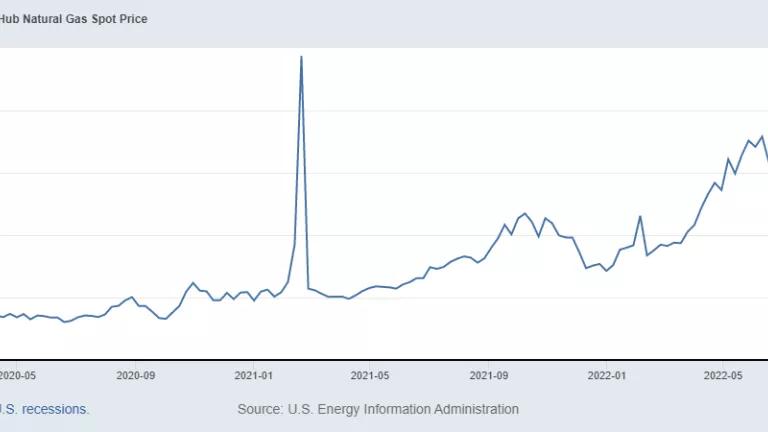Today the Pennsylvania Governor’s Marcellus Shale Advisory Commission issued its report. I haven't read the entire thing yet, but an initial scan found some good recommendations in the report. Here's the one that first made my eyes widen:
- Currently, there is only one gas safety inspector training center (Oklahoma) in the nation. Pennsylvania, in partnership with industry, the federal Pipeline and Hazardous Materials Safety Administration and educational institutions, should pursue existing opportunities which seek to locate a gas safety inspector training facility within the Commonwealth.
Sounds like a good idea to me.
There are 96 recommendations and I haven't read them all yet, but here are some of the others recommendations that caught my eye:
- Expand an operator’s presumed liability for impaired water quality from within 1,000 feet of a well to within 2,500 feet of a well, and from 6 months to 12 months of completion or alteration of the well. In addition, the presumed liability should be applied to well stimulation. (Stimulation means hydraulic fracturing, or "fracking.")
- Amend the Oil and Gas Act to authorize DEP to suspend, revoke or deny permits in a more timely manner than current law allows when an operator has failed to comply with the Oil and Gas Act or other applicable environmental statutes and is not correcting the violation to the satisfaction of the department. (The Commission also recommended increases in fines and bonding requirements.)
- The Commission recommended a solid set of actions related to protecting human health, including: collection and evaluation of clinical data provided by health care providers; routine evaluation and assessment of Marcellus Shale-related environmental data; creation of a population-based health registry with the purpose of characterizing and following over time individuals who live in close proximity (i.e. one mile radius) to gas drilling and production sites; timely and thorough investigation of and response to concerns and complaints raised by citizens, health care providers or public officials; education of health care providers on the presentation and assessment of human illness that may be caused by material in drilling constituents; public education programs regarding the constituents used in the drilling process, potential pathways to humans, and at what level, if any, they have the potential to cause human illness.
As I recently blogged, no government agency has conducted an investigation of the health reports coming from families living near natural gas production sites, and to the best of my knowledge, no agency is even keeping track of these reports to see if there are any worrisome patterns. This is really alarming. Pennsylvania should not wait but should move ahead immediately with these actions.
- The Commission recommends increasing the minimum required distance from natural gas operations to private water wells, public water supplies, streams or water bodies. Increased setbacks are essential to protect human health and the environment. Setbacks in most places are based on what the oil and gas industry looked like 100 years ago, not the industrial footprint it has today. The town of Flower Mound, Texas just increased its setbacks to 1,500 feet for homes, schools, religious institutions, public parks, hospitals, and water wells. The Pennsylvania Commission's recommendations are an improvement over current law, but are not enough, and shouldn't allow for waivers.
We'll be taking a closer look at the language regarding disclosure of fracking chemicals, protection of state forests, and best management practices.




